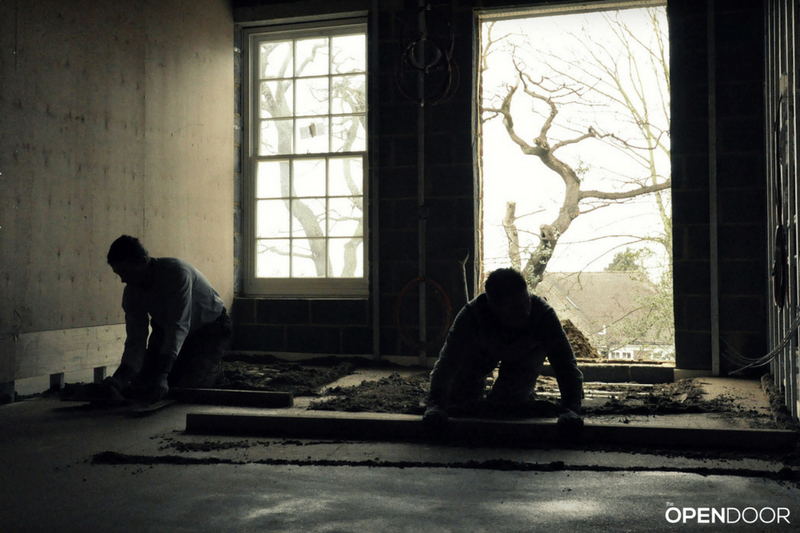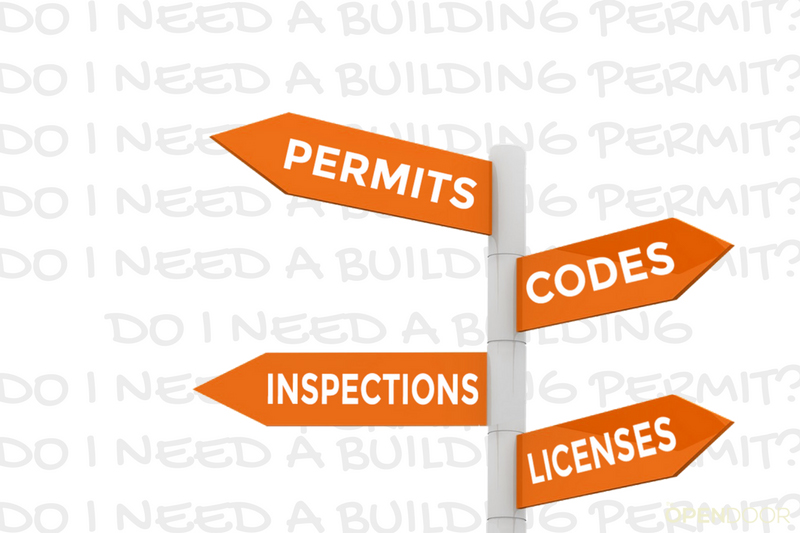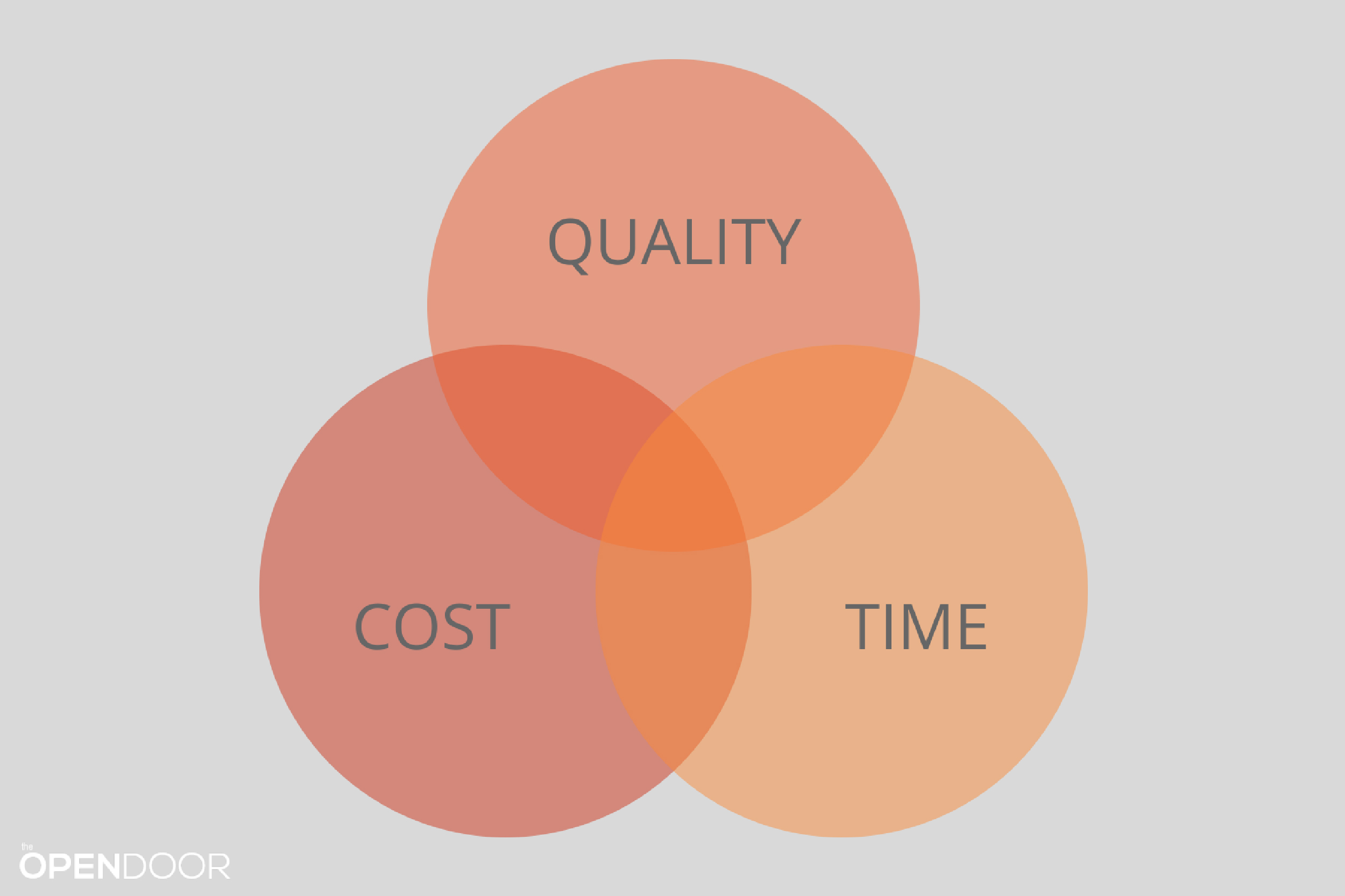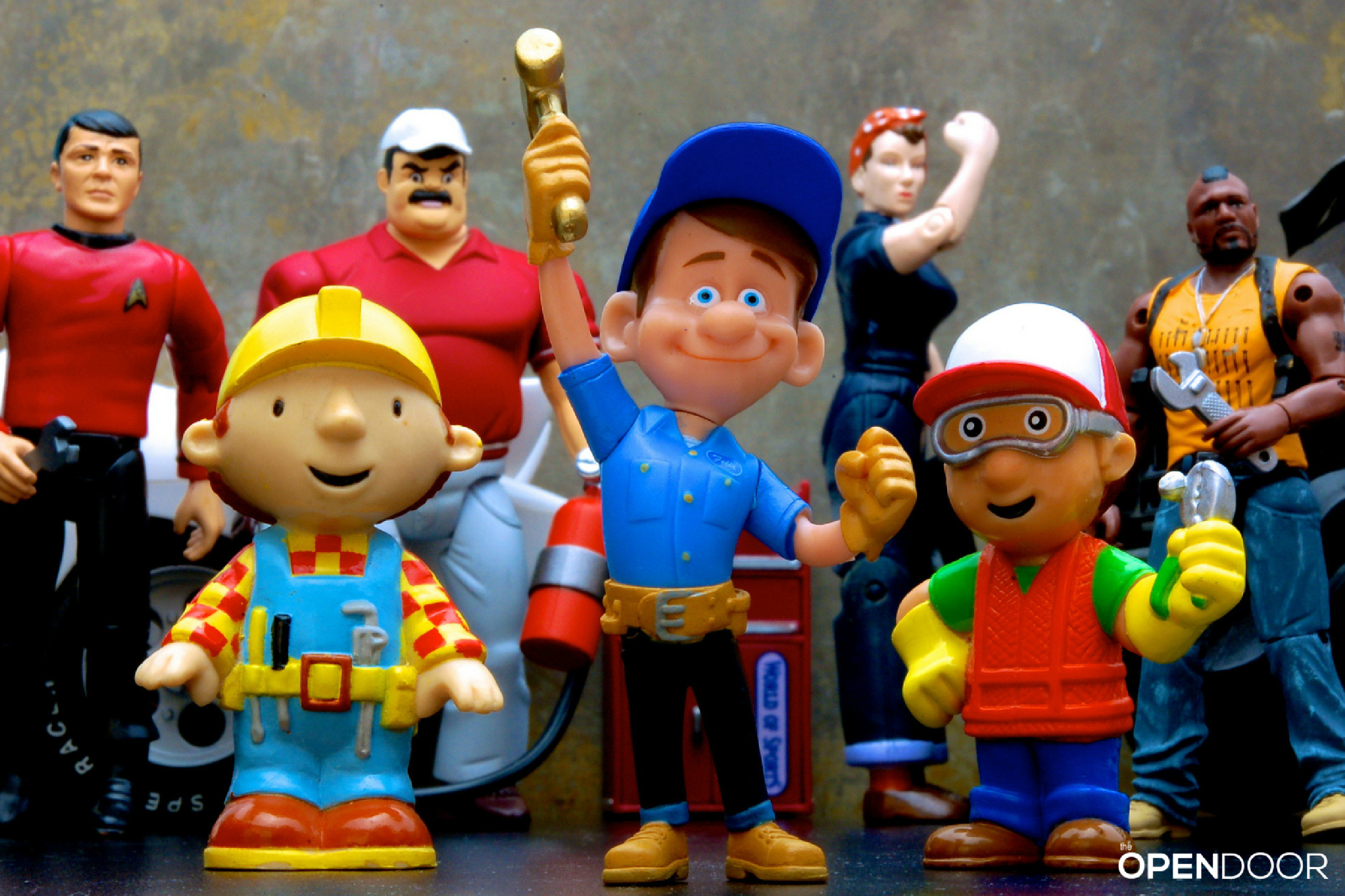It may sound obvious but most people don’t actually call contractor references – and those that do, rarely do it right.
Checking contractor references involves more than just looking over a list provided by a contractor. If you really want to get the scoop on whether or not a contractor is the right fit for your home project, you have to contact their referrals. And not only that, you have to ask some important and relevant questions about their quality of work and reliability.
In this article, we’re going to talk about how to get the most out of contractor references (what to ask for and how to ask for it).
We talk about checking contractor references in the 6-step contractor selection process outlined in this article, so we won’t go into details here. But, we WILL say that it starts with finding a small group of suitable contractors and then narrowing down the list.
Ultimately, selecting a good contractor is a matter of finding one that is the right fit and skill set for you and your project. We talk more about this in: Selecting the Right Designers and Contractors for Your Home Project. So, after finding qualified contractors and selecting a few, it’s critical that you ask for and call their references. And when it comes to contractor references, the key is to get specific.
Here’s helpful advice on how to do it:
When asking for references, be specific in the kind of references you ask for.
When you vaguely ask for references, you’re giving the contractor a lot of wiggle room. But, that doesn’t have to be the case. You can greatly increase the value of feedback if you know what to ask for. Contractors know which of their customers were pleased with the work and which were not. So, of course a contractor is going to give you references that will give a glowing review.
The more references you can get, the better.
Chances are, if left to their own accord, contractors will give you three to five references. These are probably the same references given to everyone. Meaning, those people are probably tired of giving out reviews. At the same time, you won’t know for sure if one is a contractor’s cousin, mother, or a close friend.
To get the best representation of past clients, ask for 15-20 references. This may sound like a lot, but you don’t want to be the second (or first!) project the contractor has ever worked on. Make sure he or she has done quite a few projects before yours.
A list of 15-20 should give a good cross section of projects and client types. Select five of these at random (or better yet, base it on project type, location, or budgetary information if it’s given). Ideally, call people with similar projects to yours.
Ask for older references.
Houses take a while to show age and weather the storms. It can take over a year for mother nature and the occupants to test out certain things.
For example, roofing and window installations may take a while to test depending on weather conditions like heavy continuous snowfall, driving rain, or a lot of freeze/thaw cycles. Same thing goes for heating and cooling: in places with four seasons, you can’t always confirm properly operating systems quickly.
When you receive references that are five to ten years old, you’ll find out if the work has held up over time. You’ll also find out if the contractor really does provide service after the house has been occupied.
Ask for references from various neighborhoods.
Contractors sometimes send their best installers and do their best work in certain neighborhoods. When requesting referrals from various locations, you can confirm that no matter where the contractor works and no matter which crew he sends, you’re going to get his very best every time.
When talking to references, ask specific questions.
When you call each contractor reference, have your questions prepared ahead of time. Drill down and ask very specific questions. If you’re asking questions that can be generally answered with either a “yes” or a “no”, you’re probably not asking the right kind of questions. You must ask specific questions that require specific answers.
If you ask a question like, “What did you think of the contractor?”, the person may merely say she’s pleased or they were good. But that feedback is practically meaningless without context because what’s important to them may not be important to you. If all that person cared about was cost, then she may not care that corners were cut or materials were second-hand. But you may.
Ask specific questions that require specific (and detailed) answers. If a past customer responds positively when asked about cleanliness, punctuality, or pricing, then you’re on the right track. And if it turns out that the contractor didn’t destroy the rose bushes, that they gave the homeowner an organized binder of product manuals and instructions, or that they finished 2 weeks early, that’s news you can really use!

As you can see, being specific in what you ask for and how you ask for it will help you get the most out of checking contractor references.
Want a list of suggested questions to ask contractor references? Head on over to our Resource Library for Sample Questions to Ask Contractor References and other useful guides and worksheets.









